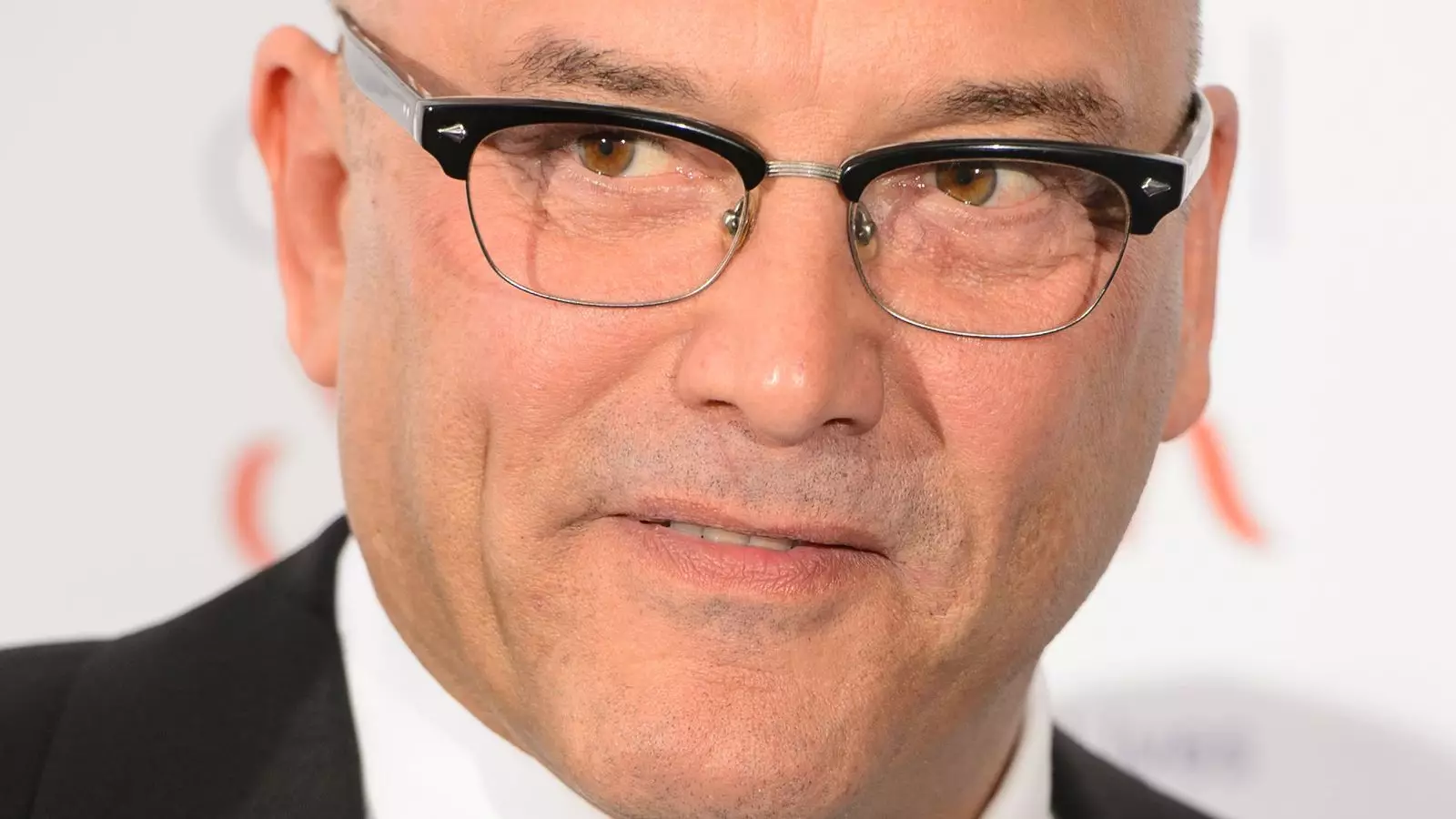The recent revelations surrounding Gregg Wallace’s departure from MasterChef highlight a troubling trend in how public figures confront allegations of misconduct. While Wallace denies being a “sex pest” or “groper,” his attempt to frame his behavior as innocent or misunderstood reveals a broader cultural failure to genuinely reckon with issues of power, respect, and accountability. Instead of owning up to mistakes that harm others, many figures choose the path of minimization and self-centered justification, perpetuating a toxic cycle that damages societal norms and erodes public trust.
What is most unsettling about Wallace’s narrative is his emphasis on his background and neurodiversity as explanations for his conduct. Using autism as a shield for questionable behavior risks trivializing genuine neurodiverse experiences while simultaneously dismissing the possibility that someone with such a condition can develop self-awareness and learn appropriate social boundaries. This defensive stance exemplifies how privilege often manifests—by casting oneself as a misunderstood outsider rather than a responsible individual capable of growth and change.
Furthermore, Wallace’s depiction of his alleged misconduct—describing a flirtation at a party or brief exposure in the studio—strikes as an attempt to redefine inappropriate actions as harmless or consensual. The idea that a drunken, unintended touch at a social gathering and exposure with a sock somehow equate to acceptable behavior reflects a troubling mindset. Society must move away from tolerating or excusing any form of unwanted contact, regardless of intention or context, especially when abuse of authority or power imbalance is at play.
The Myth of the ‘Good Person’ Masking Deeper Flaws
The article reveals an uncomfortable truth: many public figures, including Wallace and John Torode, cling to their reputations as “nice guys” or “innocent victims” even when evidence suggests otherwise. Wallace’s tearful appeal—comparing himself to notorious predators—creates a false dichotomy between being flawed and being a sex offender. This dangerous rhetoric obscures the reality that misconduct exists on a spectrum, and excusing or minimizing it fuels a culture of impunity.
Another disturbing facet is Wallace’s invocation of his career background—”a greengrocer from Peckham” with a rough past—as an excuse for his current behavior. Such narratives romanticize the rough-and-tumble environments of markets and trades, implying that crudeness and vulgarity are ingrained or immutable traits. Instead of acknowledging the need for personal responsibility and societal standards, this defensive storytelling fosters a narrative where accountability is optional, and past experiences serve as scapegoats for inappropriate conduct.
The effort to portray himself as a victim—scared to appear in public and hiding behind disguises—further underscores the pervasive desire to escape consequences. Such dramatizations distort reality, suggesting that the fear of social repercussions justifies the denial and minimization of harm done. It also reveals a disturbing tendency to see oneself primarily as a victim of circumstance rather than someone responsible for one’s actions.
The Double Standard of Redemption and the Path Forward
Crucially, the ongoing broadcast of MasterChef despite the controversy reflects an alarming acceptance of superficial apologies. The decision to proceed with filming misleads audiences into believing that accountability can be deferred or dismissed. It also sends a dangerous message: that reputation and profession take precedence over genuine remorse or societal dignity. This approach fosters cynicism about the sincerity of public apologies, making them transactional rather than transformative.
From a center-wing liberal perspective, it is vital to recognize that true progress demands more than self-serving defenses and deflections. Society must prioritize creating environments where misconduct is unequivocally condemned, and those responsible are held accountable without excuse. Authentic accountability includes listening to victims, respecting their experiences, and refraining from victim-blaming or minimizing acts of misconduct. Reform is not achieved through dismissive rhetoric or blame-shifting but through unwavering commitment to integrity and respect.
The narrative should shift from protecting tarnished reputations to fostering a culture of transparency, learning, and genuine remorse. Only then can public figures genuinely rebuild trust and demonstrate that growth and change are possible. Anything less perpetuates the harmful illusions of innocence and innocence, allowing toxic behaviors to fester behind smiles, scripted apologies, and selective broadcasting. Society deserves accountability, not empty apologies cloaked in defensiveness or superficial contrition.

Leave a Reply